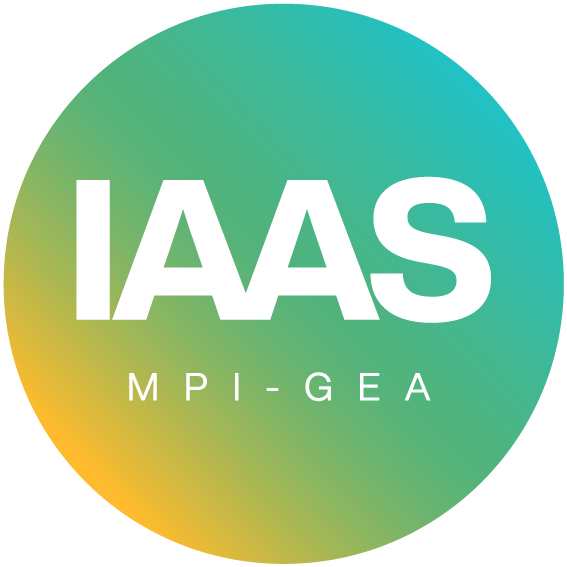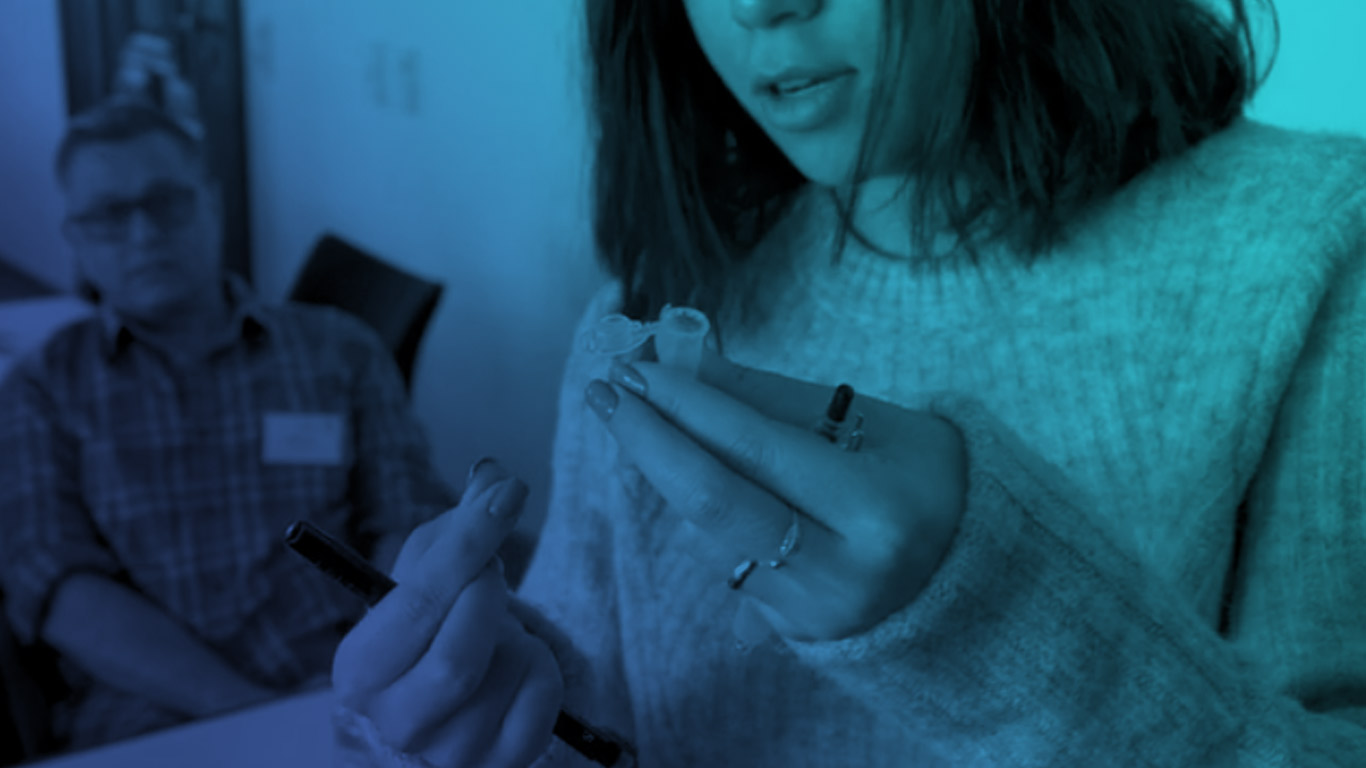Zooarchaeology by Mass Spectrometry (ZooMS) is a revolutionary proteomics-based method of taxonomic identification. Type I Collagen is extracted from faunal remains, digested into peptides, and measured using a mass spectrometer. Spectra are then compared to a reference library, allowing a taxonomic identification of the sample. While genetic analysis provides higher taxonomic resolution, ZooMS is faster and more cost effective than genetic analysis. This makes ZooMS an ideal tool for certain research questions about faunal remains that are morphologically indistinguishable but adequate preserved, such as bone tools, leather goods, fragmented assemblages, and powdered animal remains. In this video, Eden Hill provides an introduction to ZooMS, including a review of applications and MPI-SHH lab protocols.
The ZooMS Laboratories at MPI-SHH include some of the only dedicated ZooMS facilities globally, and house a Bruker Autoflex Speed LRF MALDI-TOF Mass Spectrometer, as well as a fully established wet chemistry laboratory for extraction and purification of proteins for peptide mass fingerprinting analyses (ZooMS). The laboratories also contain equipment for the extraction and amplification of modern reference DNA, enabling improved ability to identify the sequences of new ZooMS markers. In addition to bioinformatics tools employed in the Proteomics Laboratories, the ZooMS laboratory has access to the bioinformatics tools FlexAnalysis, mMass, and R-based MALDI data analysis pipelines.
MPI-GEA Online ZooMS Protocols
• Zooarchaeology by Mass Spectrometry (ZooMS)- Pretreatment protocols for bone material
• Zooarchaeology by Mass Spectrometry (ZooMS) for bone material – Acid soluble protocol
• Zooarchaeology by Mass Spectrometry (ZooMS) for bone material – Acid insoluble protocol



Thank you Dr. Emma for an informative session. ZooMs is an area I am interested in and hope in future to venture into. I am a volunteer at the National Museums of Kenya at the Paleontology and Archaeology section, with a Bsc. Zoology background. I look forward to more sessions like this.